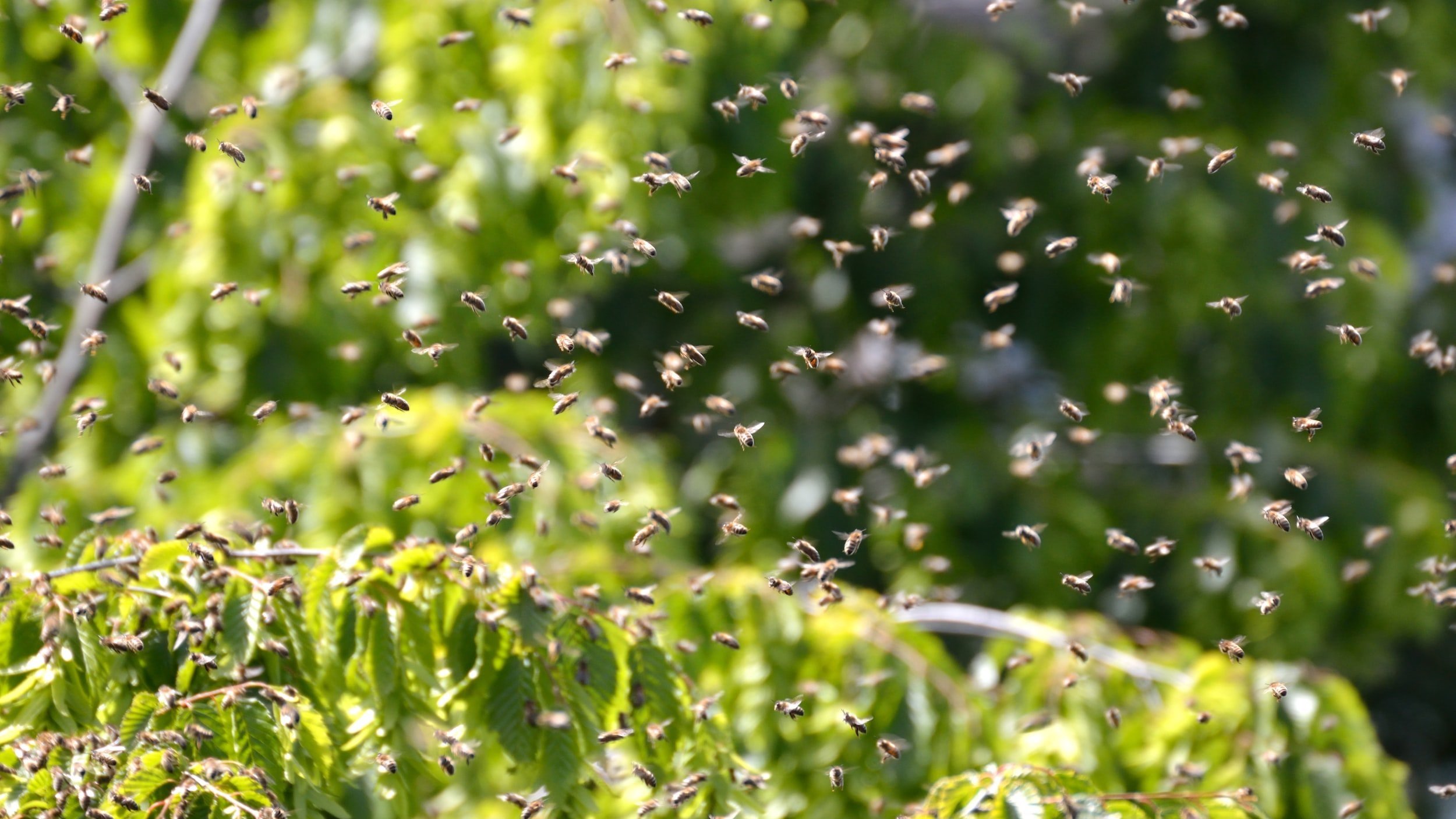The Importance of Honey Bees
We all know honey bees are important, but do you know just how vital they are to our ecosystem? These little flying insects are responsible for pollinating a whopping one-third of the world's crops. That means without them, we wouldn't have nearly as much food to eat! In fact, some researchers estimate that bees are responsible for £15 billion worth of crop pollination every year.
Not only are honey bees good for the environment, but they're also good for our economy. Beekeeping is a multimillion-pound industry, and honeybees produce in weight about 400 million pounds of honey each year in the United States alone.
What's more, bees aren't just helpful to us humans—they're essential to the survival of many other animals as well. Because they play such a crucial role in pollination, bees indirectly provide food for birds, bats, and other insects.
Without bees, our world would look very different indeed. So let's take a moment to celebrate these hardworking creatures—and do everything we can to protect them!
How Bees Pollinate
Bees transfer pollen from the male organ or stamen of one flower to the female organ or pistil of another. This process is called pollination, and it's how plants reproduce themselves.
When a bee collects nectar from flowers, pollen sticks to the hairs on its legs. Then, when the bee visits another flower, some of that pollen rubs off—and voilà! The plant has been pollinated and can now produce fruit or seeds.
Bees aren't the only creatures that can pollinate plants, but they're by far the most efficient at it. In fact, honeybees alone are responsible for pollinating more than 100 different types of crops!
Bees play a crucial role in our ecosystem—and without them, our world would look very different indeed. So let's do everything we can to protect these hardworking creatures!

